All stock codes associated to this product
TS256GMTE110S, 4312157, 760557841715
Transcend TS256GMTE110S PCIe M.2 SSD
Overview
PCIe M.2 SSD
PCIe SSD 110S
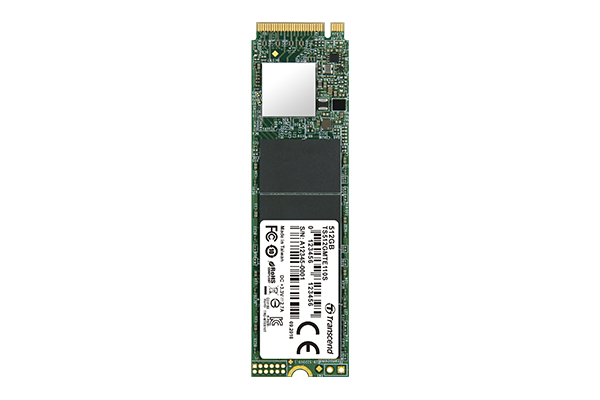
Transcend's PCIe SSD 110S utilizes the PCI Express Gen3 x4 interface
supported by the latest NVMe standard, to unleash next-generation performance.
The PCIe SSD 110S aims at high-end applications, such as digital audio/video
production, gaming, and enterprise use, which require constant processing heavy
workloads with no system lags or slowdowns of any kind. Powered by 3D NAND flash
memory, the PCIe SSD 110S gives you not only fast transfer speeds but unmatched
reliability.
Compelling performance for high-end applications
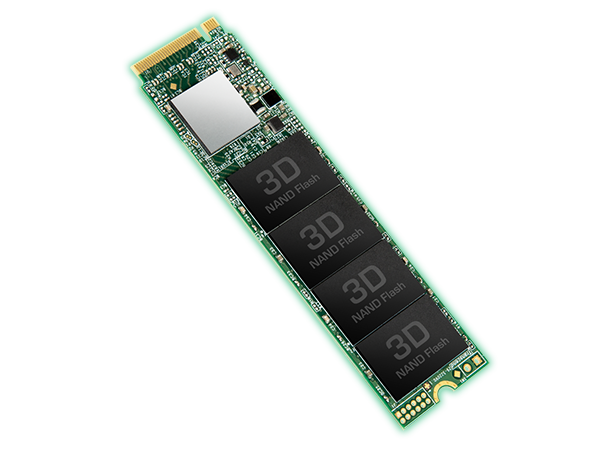
Transcend's PCIe SSD 110S follows NVMe 1.3 and utilizes the PCIe Gen3 x4
interface, meaning four lanes are used for transmitting and receiving data
simultaneously, resulting in compelling performance of up to 1,800MB/s read and
1,500MB/s write.
Note: Performance is based on CrystalDiskMark v5.0.2.
Understanding the PCIe interface
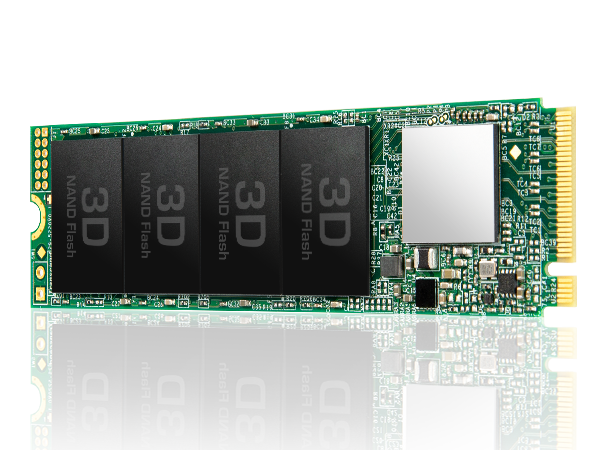
PCIe (or PCI Express) is a much faster interface than SATA (or Serial ATA)
for connecting a host computer to solid-state storage devices over one or more
lanes consisting of one transmit and one receive serial interface in each lane,
meaning it can better fulfill new performance requirements.
Understanding the NVMe standard
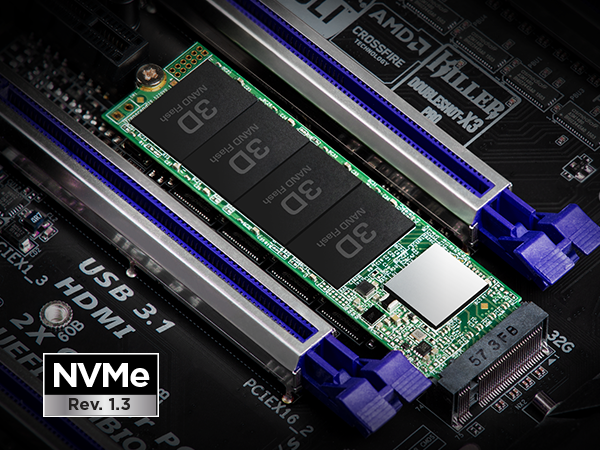
NVMe (or NVM Express) is a host controller interface standard designed to
address the needs of enterprise and client applications that utilize PCI
Express-based solid-state storage. NVMe calls for better performance vectors
than AHCI (Advanced Host Controller Interface), including scalable bandwidth,
increased IOPS, and low latency.
3D expansion to break through limits
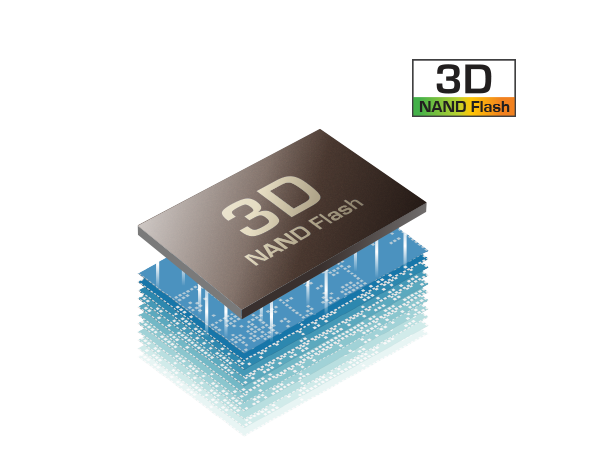
Unlike the existing planar NAND chips, 3D NAND flash is a type of flash
memory in which the memory cells are stacked vertically in multiple layers. 3D
NAND is developed to break through density limitations of the 2D planar NAND,
and thus can deliver a greater level of performance and endurance.
Better endurance, higher reliability
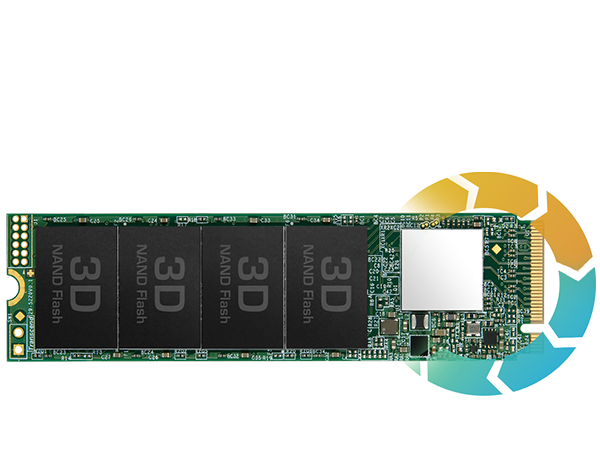
Transcend's PCIe SSD 110S is engineered with LDPC (Low-Density Parity Check)
coding, a powerful ECC algorithm, to keep data secure. Manufactured with
high-quality TLC NAND flash chips, and engineered dynamic thermal throttling
mechanism, the PCIe SSD 110S guarantees superior endurance and stability for
high-end applications.
Transcend SSD Scope software
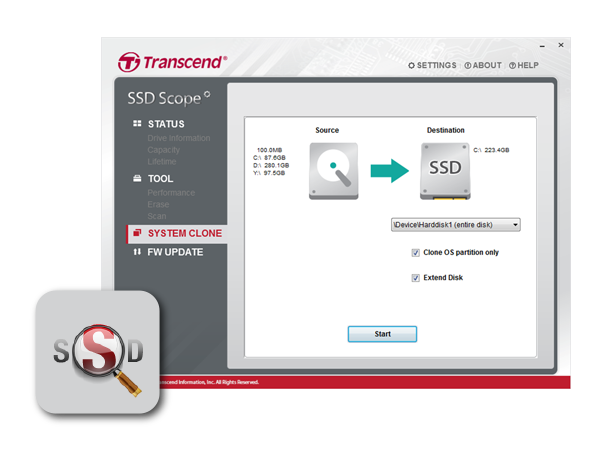
To keep your Transcend SSD running fast and error-free, Transcend's SSD Scope
software application is available for download free of charge. Monitor your
SSD's health status with S.M.A.R.T. technology, enable the TRIM command for
optimum write speeds, keep your SSD's firmware up-to-date, and migrate data from
your original drive to a new SSD with just a few clicks.
Guaranteed quality
To ensure the utmost level of quality, Transcend SSDs undergo rigorous
testing at all stages of production, including tests for vibration, temperature
and humidity, speed, and functionality.
Specifications
|
Appearance |
|
|
Dimensions
(Max.) |
80
mm x 22 mm x 3.58 mm (3.15" x 0.87" x 0.14") |
|
Weight
(Max.) |
8
g (0.28 oz) |
|
|
|
|
Interface |
|
|
Bus
Interface |
NVMe
PCIe Gen3 x4 |
|
|
|
|
Storage |
|
|
Flash
Type |
3D
NAND flash |
|
|
|
|
Capacity |
256 GB |
|
|
|
|
Operating
Environment |
|
|
Operating
Temperature |
0C
(32F) ~ 70C (158F) |
|
Operating
Voltage |
3.3V5% |
|
|
|
|
Performance |
|
|
Read
Speed (Max.) |
1,800
MB/s |
|
Write
Speed (Max.) |
1,500
MB/s |
|
Note |
Speed
may vary due to host hardware, software, usage, and storage
capacity. |
|
|
Some
motherboards only provide PCIe x2 connections for the M.2 slot, creating a
bottleneck on even the fastest drives. |
|
|
|
|
Warranty |
|
|
Certificate |
CE/ |
|
|
FCC/ |
|
|
BSMI |
|
Warranty |
Five-year
Limited Warranty |
|
Warranty
Policy |
Please
click here for more information about the Transcend Warranty
Policy. |
|
|
Warranty
does not apply when SSD Scope's wear-out indicator displays 0% within the
warranty coverage. |
|
|
|
|
System
Requirement |
|
|
Operating
System |
Microsoft
Windows 7 (additional driver required) |
|
|
Microsoft
Windows 8 (additional driver required) |
|
|
Microsoft
Windows 10 |
|
|
Linux
Kernel 2.6.31 or later |
|
Note |
Please
make sure that your computer has a M.2
slot. |










